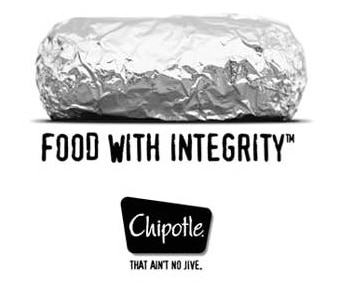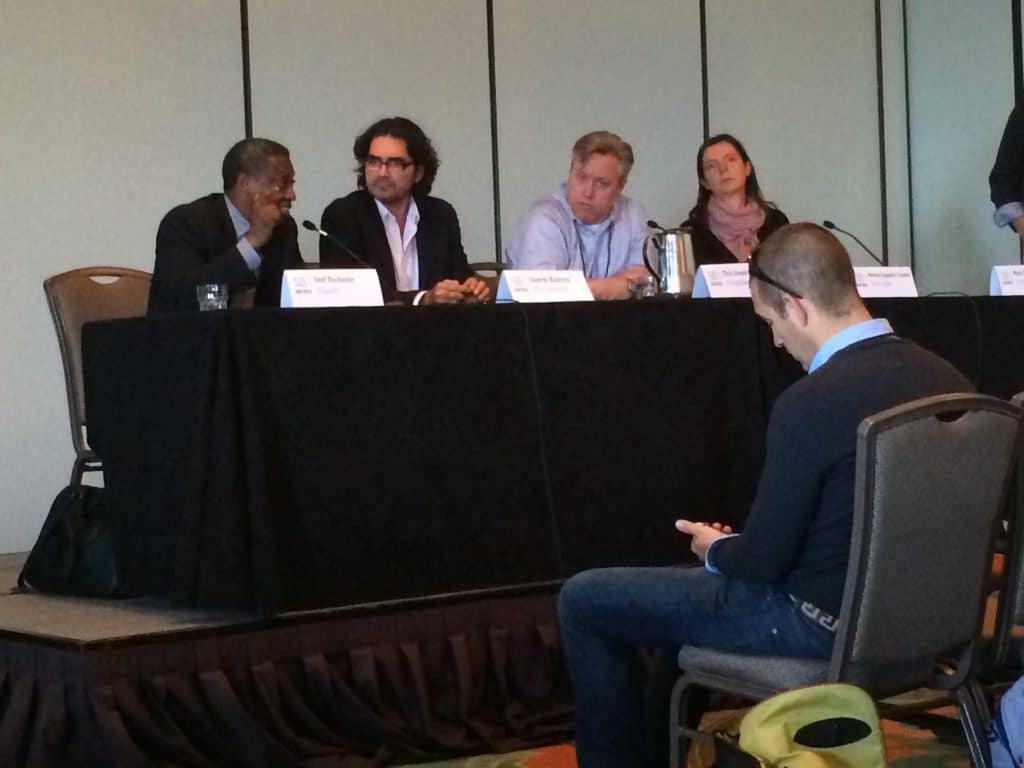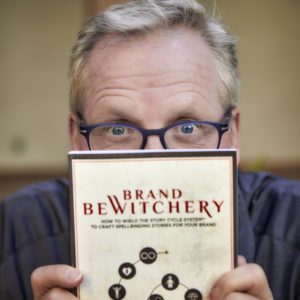I had my own ad agency for 20 years. We did great work for brands from small Phoenix-based companies to behemoths like Coca-Cola.

But, to be honest, I didn’t much enjoy my company in its last five years.
It had taken on a life of its own. Because I didn’t personally own our brand story: the story that directed where I wanted to take the agency. And because of that, my people didn’t buy into it either.
Not their fault.
All mine!
It became lifeless to me. And that was exactly the disruption I needed.
During that time, I pursued my curiosity in Hollywood storytelling and how we could use it as professional persuaders – for good and not evil, of course.
I became fascinated with the universal structure of Joseph Campbell’s Hero’s Journey and how it seemed to appear in – and even guide – the most important parts of our lives. The Hero’s Journey became the inspiration for our Story Cycle brand story strategy system. It’s what excited me the most about our work.
Campbell said, “If you are falling…dive.”
So that’s exactly what I did this time last year.
I jumped.
I decided to live into my most powerful story. As scary as it was, it meant winding down my agency of 20 years and going from Park&Co to Park&Me.
Taking this leap from the full-service agency model to a singular purpose was the only way I could help you.
You see, you don’t need an ad agency. But you can probably use a brand story guide. Someone to help you focus your offering. Clarify your story.
Heck, we all can.
Just ask Chipotle
Have you read the latest Fast Company magazine story: Crisis at Chipotle: How an E.coli outbreak has rocked the foundation of a beloved brand?
I read it this past Tuesday on my way to Washington D.C., where I’m hosted a two-day Business of Story brand strategy workshop for members of the American Marketing Association.
Perfect timing, too. Because it is a timely example I’ll use with the AMA clients on what happens when you don’t truly own your brand story.
The fast food burrito chain story is built on the brand promise of “Food With Integrity.” And now it finds itself recovering from its 2015 bout with E. coli that sickened some 500 of its customers. Some industry pundits thought their strident brand story about freshness versus industrialized fast food would help them recover quickly. But it seems to have had the opposite effect.
And that’s not surprising. Something about the Chipotle brand story has never sat right with me.
 They champion wholesome foods locally sourced from family farms. Yet, they visually feature aluminum foil as their number one ingredient in their advertising. Given the prevailing perception of aluminum and its link to Alzheimer’s, I have never understood how showing an aluminum clad burrito supports their brand promise of Food with Integrity.
They champion wholesome foods locally sourced from family farms. Yet, they visually feature aluminum foil as their number one ingredient in their advertising. Given the prevailing perception of aluminum and its link to Alzheimer’s, I have never understood how showing an aluminum clad burrito supports their brand promise of Food with Integrity.
Who can afford this kind of cognitive dissonance between their brand promise and how it’s portrayed in their stories?
This isn’t an isolated incident.
In their popular YouTube video “Scare Crow,” Chipotle pits themselves as the hero fighting against the inhumanity of technologically driven industrial farming. But what do they sell at end of the short film?
An app.
Technology!
Huh?
When I asked Chipotle’s Director of Communications, Chris Arnold, at the Sustainable Brands conference about the brand story incongruity of positioning yourself against heartless farming to promote a faceless app, he shrugged it off and dismissed me (You can find the same dismissive tone from Arnold in the Fast Company article, too).

Here’s Arnold (second from right) mean mugging me following my question.
He did the same thing, by the way, a year earlier at Sustainable Brands when I asked him about their fresh food enveloped in foil. “What kind of story does that tell?” I asked.
I bring this up because everything about your brand story must ring true for you, your employees, stakeholders and customers. If it doesn’t it’ll lead to, well, indigestion.
Or worse.
Now Chipotle has outgrown its own story, according to Fast Company. It is replacing family farms with corporate suppliers. Turning to factory “central kitchens” shared by the likes of McDonald’s versus preparing everything fresh in their stores. And they’ve had to change their food processing policies to ensure the safety of their servings.
Story on!











at 12:06 pm
[…] the downfall of brands like Blackberry, JCPenney, and Chipotle due to brand stories that could not stand up to the prevailing winds in their respective […]
at 12:35 pm
[…] John Schnatter, resigning over his idiotic use of the “N” word. Or when Chipotle suffered its E.coli outbreak because its core brand story seemed impossible to live into. Or one of the […]